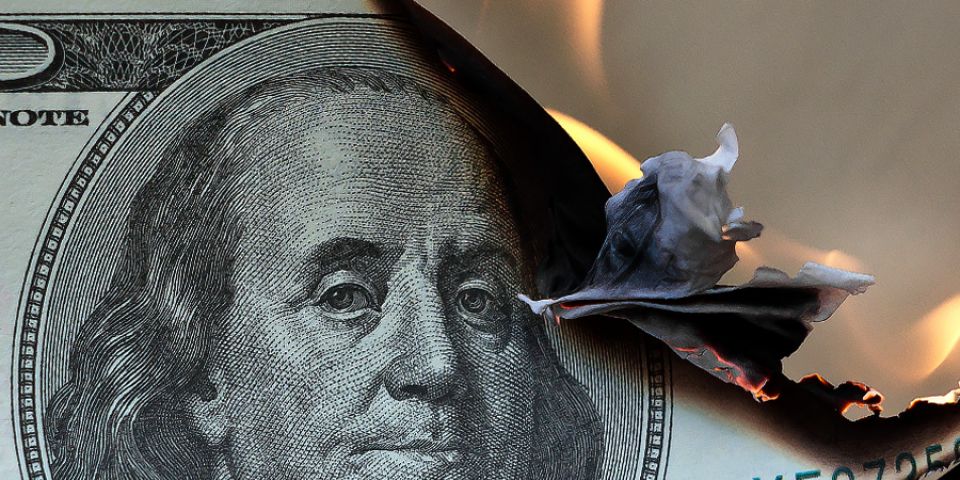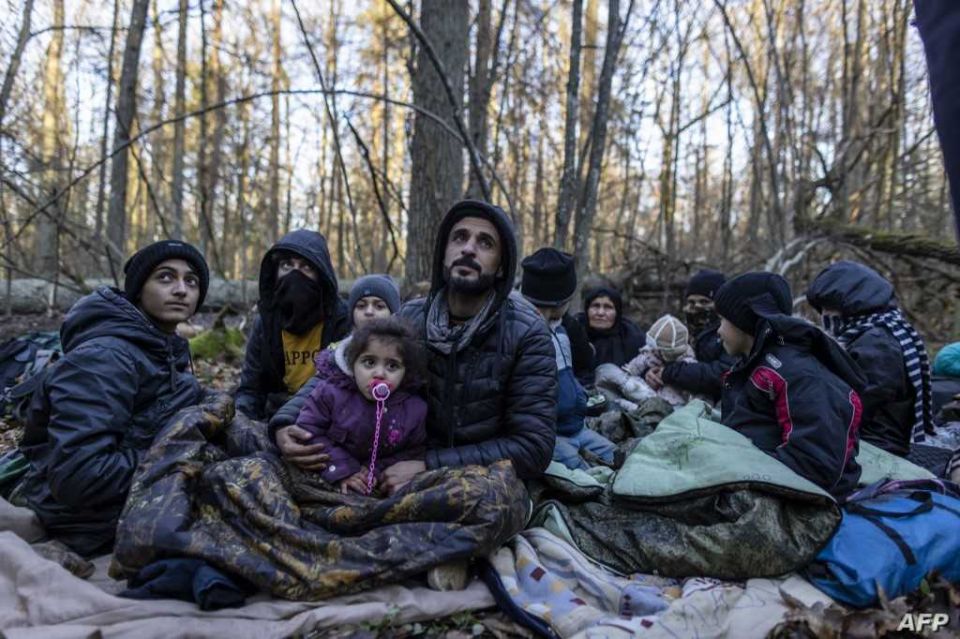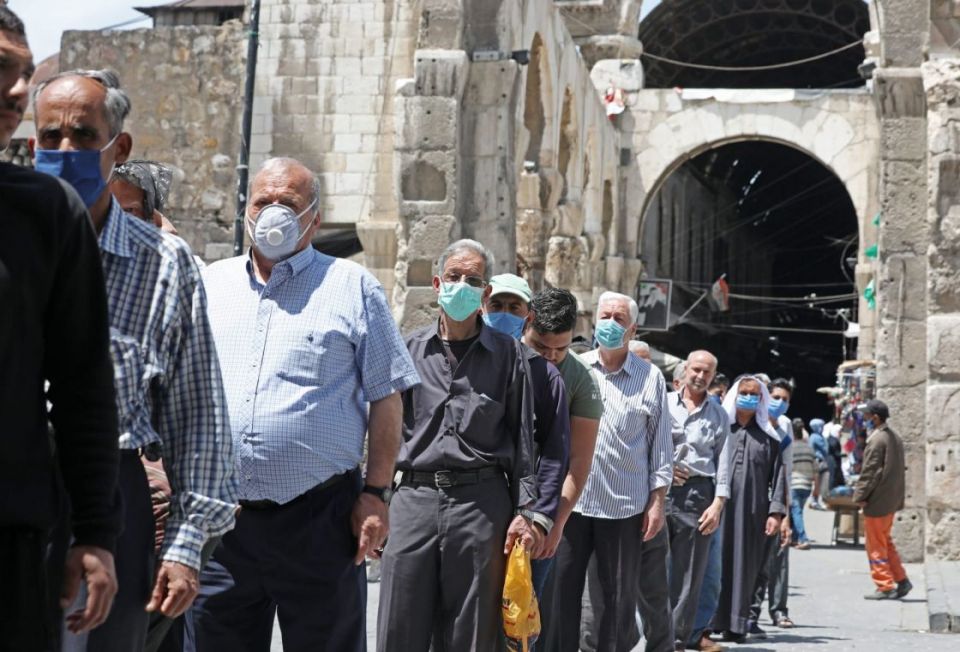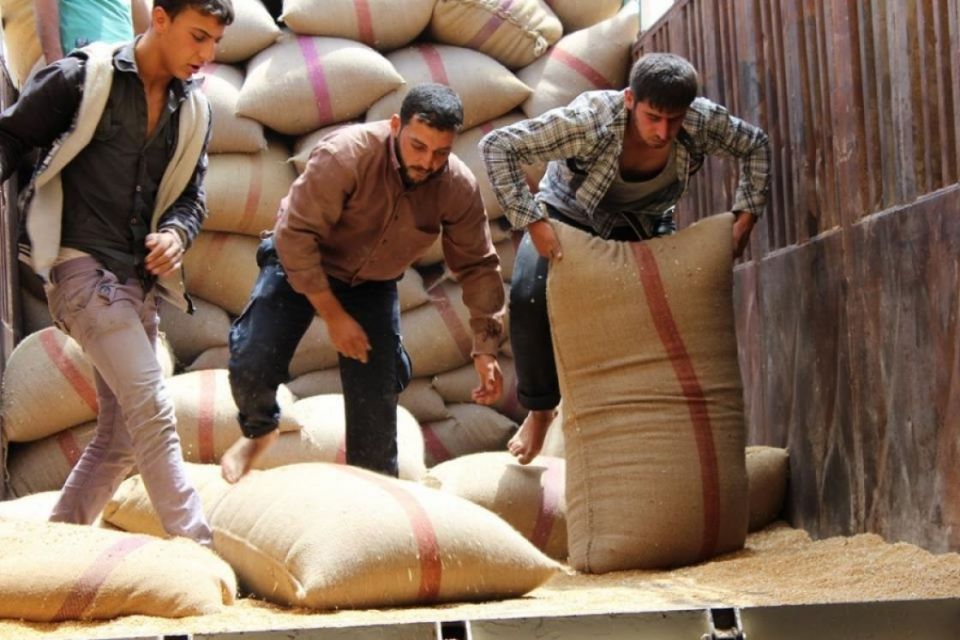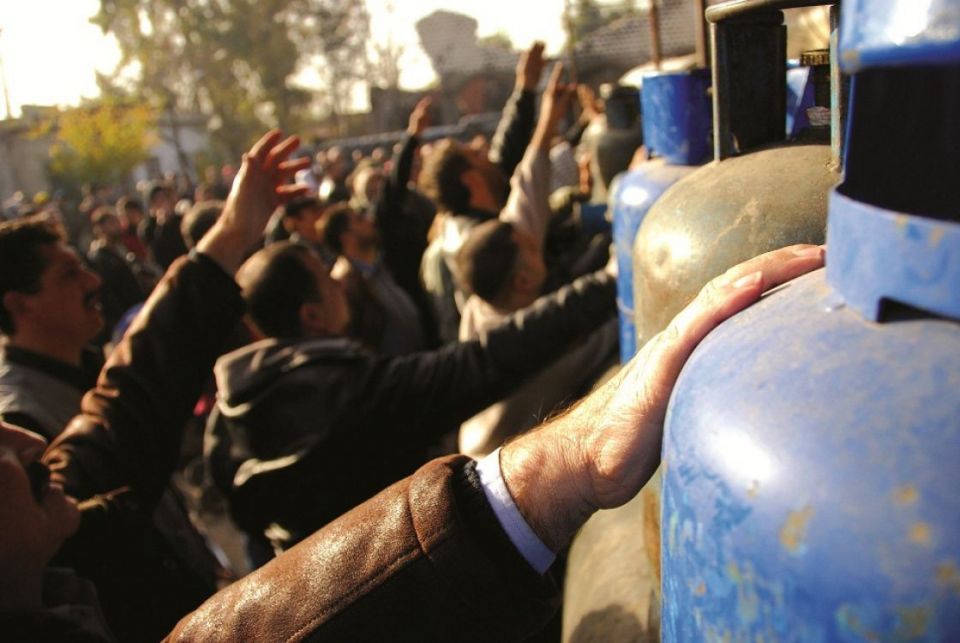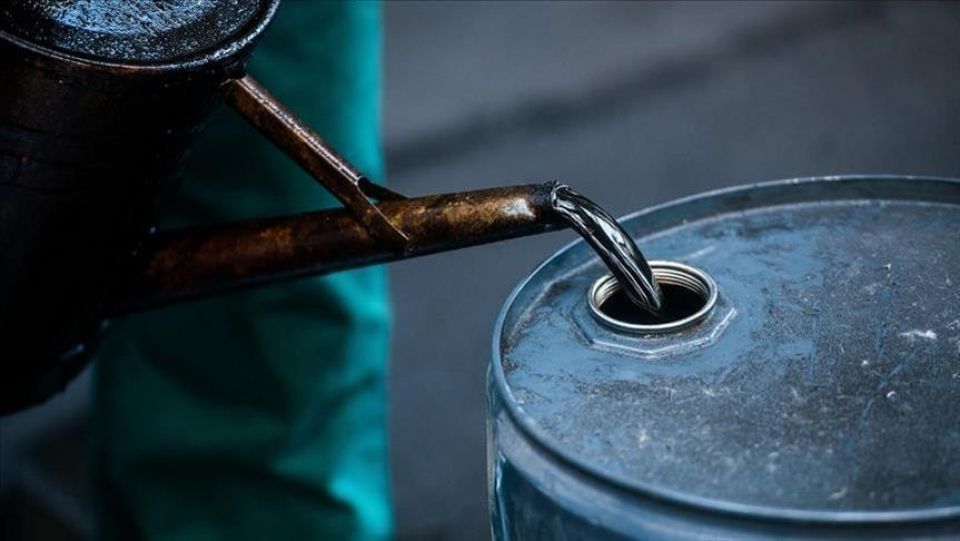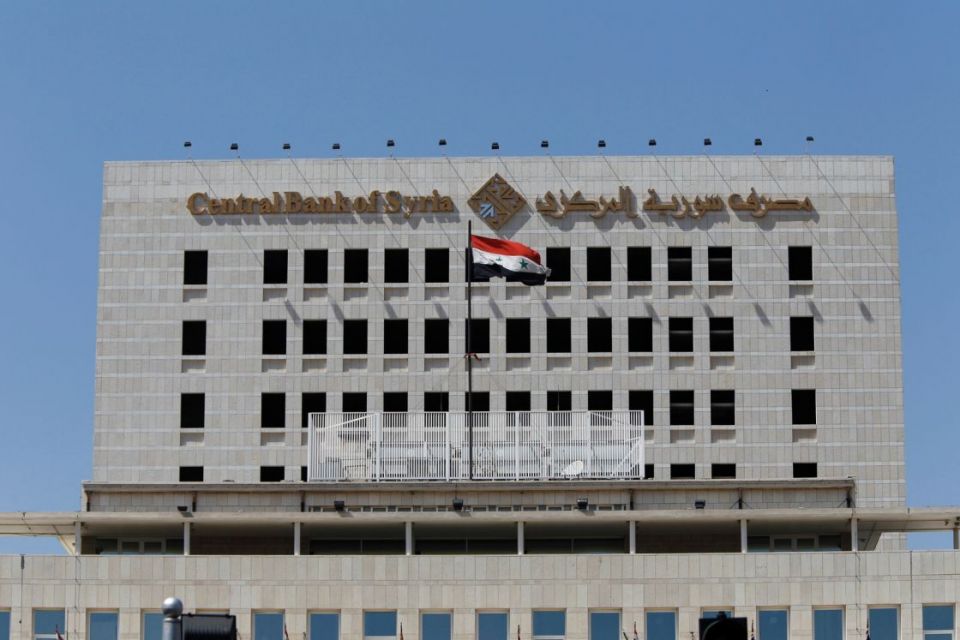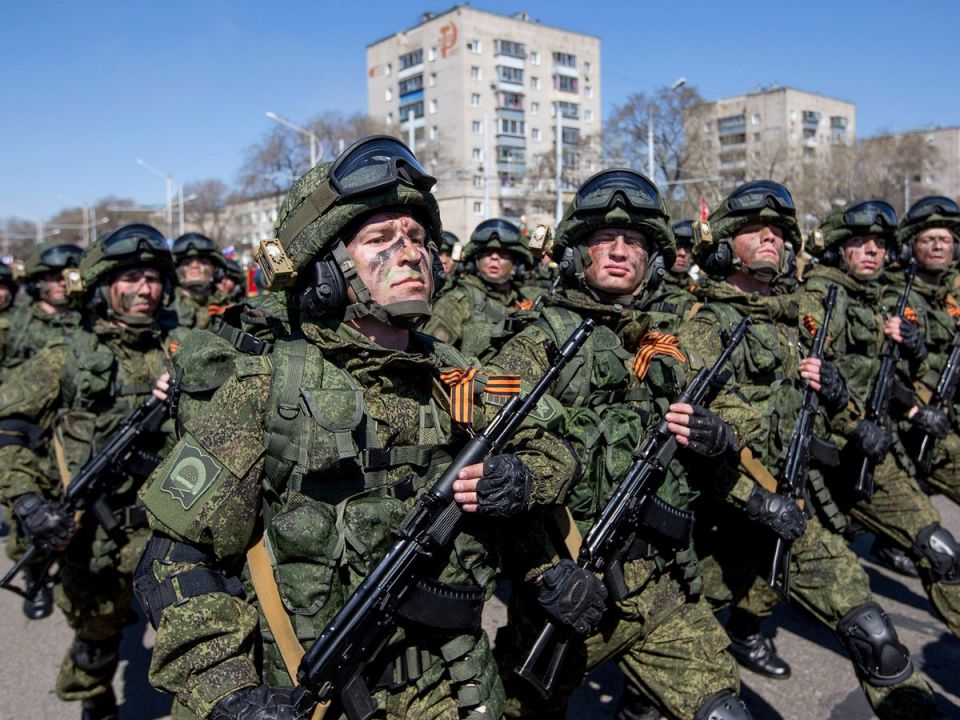
kassioun
email This email address is being protected from spambots. You need JavaScript enabled to view it.
Since the 2008 crisis erupted, at the time being called the “financial crisis”, it became clear to the “People’s Will Party” that the crisis would not stop and will continue to deepen reaching the main nerve of the capitalist system in its modern form. That is, towards production, then towards the dollar.
Since events in Ukraine started, the extremists from both Syrian sides rushed to look within these events for something that supports their previous slogans of “resolving militarily” and “toppling”. This behavior – apart from being detached from reality – represents turning a blind eye to three catastrophic coordinates of the Syrian reality, which continues on growing deeper and more painful.
The Syrian healthcare sector is facing crises and chronic problems that are reflecting in the lack of the availability and quality of healthcare services across the country. Alongside the inability to determine the real effects of the spread of Coronavirus in the country, in absence of reliable government figures on cases and deaths, disruption in healthcare services and systems continues. This is not only because of the spread of the virus and the conditions of the Syrian crisis, but mainly because of the decline in government expenditure on healthcare sector, which continues to reduce constantly and rapidly.
The last Kassioun editorial was titled: “The End of the Petrodollar Era?”, and the subsequent events quickly confirmed what was written therein. Specifically, last Wednesday, Russia
announced that it would sell its gas exclusively in rubles to “unfriendly countries”, and not in dollars or euros.
The suffering of the country is exacerbating at all levels, and the crisis that has been going on for 11 years now is exacerbating the danger that is affecting the country at the level of agriculture and food security. In the previous issue of Kassioun, we have reviewed how the numbers of Syrians exposed to the risk of food insecurity have increased to about 13.9 million people, (12 million of them are already facing severe food insecurity, while 1.9 million are at risk of being food insecure). All this is in conjunction with the rise in local statements that are “promising us” with further decline in the field of agriculture and food, as the increase in prices has become a “global phenomenon” simultaneously with the global crisis of food and energy.
Despite the series of public objections and rejections that came in response to the Syrian government Resolution of lifting subsidies away from strata of the Syria people, some of its officials insisted on trying to “justify” the Resolution in several ways. The last of which was making Syrians feel “indebted” for the amount of subsidies announced in the State’s general budget of 2022, which amounts to approximately 6 trillion Syrian pounds, in a way that suggests two things: The first is that this announced figure will actually be spent on subsidies. The second is that government subsidies have increased given the announced jumps in the figures of subsidies of this year compared to the past year, as the figure of subsidies for 2022 is 63% higher than in 2021, when the government allocated 3.5 trillion Syrian pounds for social subsidies.
The past weeks have revealed sufficiently clearly what Kassioun has previously said since the Ukrainian event started, which is that Ukraine itself is only the tip of the iceberg in a conflict that extends much deeper and broader, and one that revolves around the nature and future of the existing world order in its entirety.
Syrians are watching the battle in Ukraine and its global extensions and effects, and wonder how it will affect their crisis, and whether it will prolong it or speed up its resolution.
Since the announcement of lifting subsidies away from strata of the Syrian people over the past months, the government has spared no opportunity without announcing that the Resolution of lifting subsidies is a result of its desire to repair the budget deficit, pointing out in several ways to the difficulties the State is facing due to the scarcity of revenues. In short, the government has used every way to justify reaching out to the pockets of citizens, citing its lack of options to increase the State’s revenues, and ignoring – at the same time – the coplaint that is arising to point out to profit positions that are still present in the country and are more useful to be a source for increasing the State’s revenues. In the following, Kassioun reviews one example; the profits of private banks operating in Syria during the past year.
There is a sharp polarization in the entire world these days about what is happening in Ukraine. This is natural and expected, due to the definite effects of the event - and whatever its final results will be - on the overall global development.


